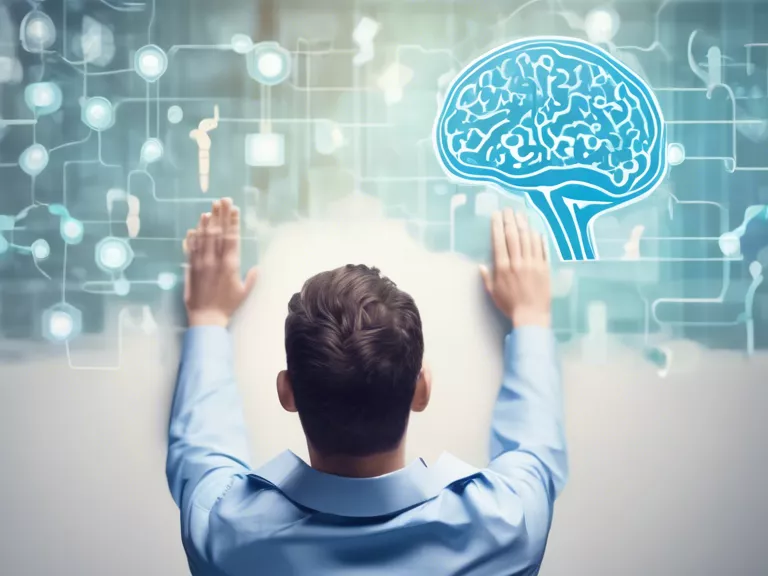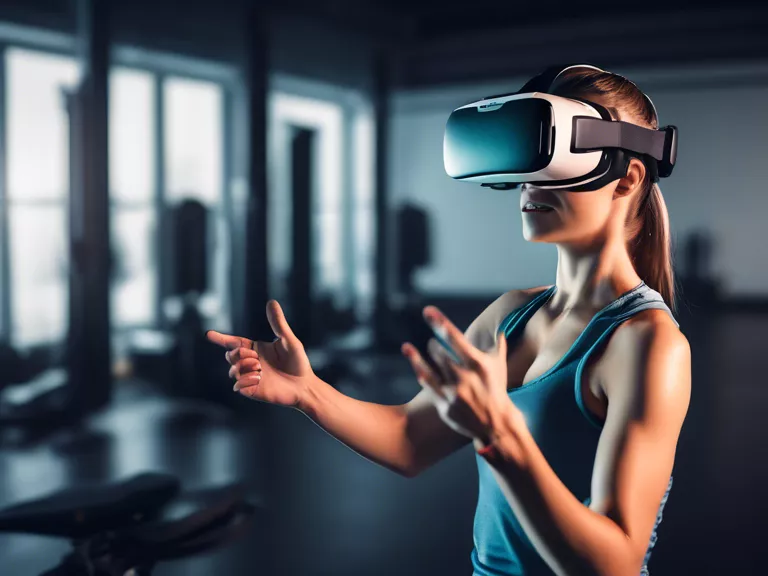
Artificial intelligence (AI) is revolutionizing the field of mental health by offering early detection and intervention for individuals struggling with various mental health conditions. From chatbots to predictive algorithms, AI is playing a crucial role in supporting mental health professionals and patients alike. By leveraging the power of AI, mental health care can be more personalized, efficient, and effective.
One of the key ways AI is making an impact in mental health is through early detection of mental health issues. By analyzing vast amounts of data, AI algorithms can identify patterns and trends that may indicate a potential mental health concern. For example, AI can analyze social media posts, text messages, or phone call logs to detect changes in language or behavior that may signal an underlying issue. This early detection allows for timely intervention, preventing the escalation of mental health problems.
Moreover, AI is also being used to provide real-time support and intervention to individuals in need. Chatbots equipped with AI technology can engage in conversations with users, offering empathy, guidance, and resources for managing mental health symptoms. These chatbots can be available 24/7, providing instant support to those who may be experiencing a crisis or simply need someone to talk to.
In addition, AI-driven predictive models are being developed to help mental health professionals identify individuals at risk of certain conditions, such as depression or anxiety. By analyzing various factors like demographics, medical history, and lifestyle habits, these models can generate risk scores that help prioritize individuals for early intervention and support.
Overall, AI is playing a critical role in transforming the mental health care landscape by enabling early detection and intervention for individuals in need. By harnessing the power of AI technology, mental health professionals can provide more targeted and timely support to those struggling with mental health issues.



